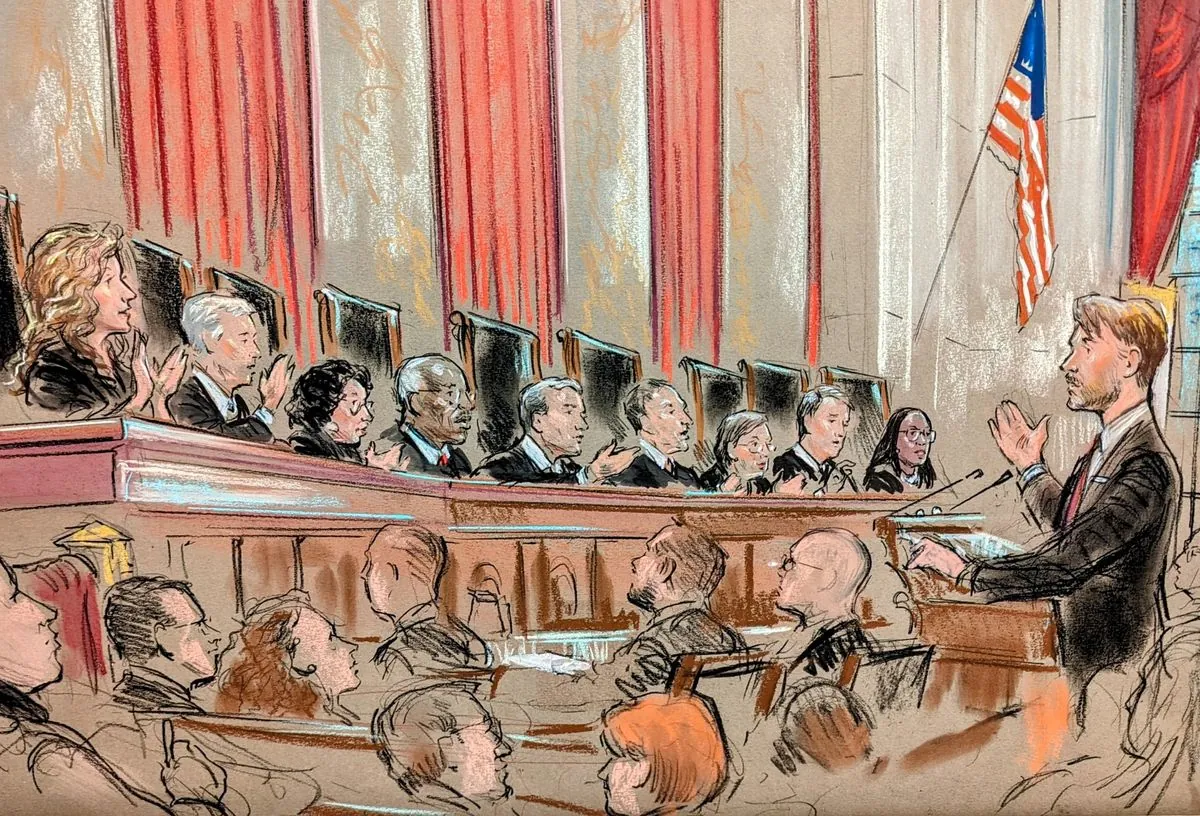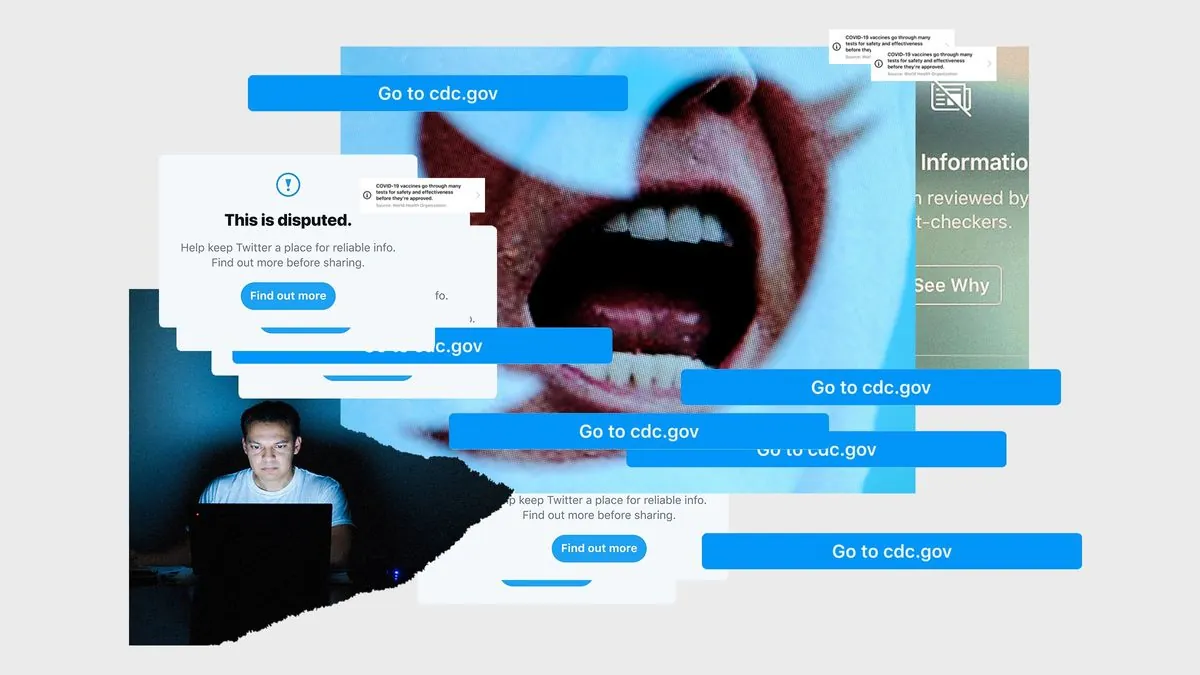Meta Triumphs in Legal Battle Over Vaccine Content Moderation
Meta Platforms prevails in appeal against Children's Health Defense, upholding its right to moderate vaccine-related content. Court affirms Meta's First Amendment protections as a private company.

In a significant legal development, Meta Platforms has successfully defended its content moderation practices against an appeal by Children's Health Defense, an organization known for its skeptical stance on vaccines. The ruling, issued by the 9th U.S. Circuit Court of Appeals in Pasadena, California, on August 4, 2024, reinforces the rights of social media platforms to regulate information shared on their sites.
The case, which originated in 2020, centered on Meta's actions to flag and restrict posts that spread misinformation about vaccine efficacy and safety. Children's Health Defense, founded by Robert F. Kennedy Jr., argued that these measures infringed upon their constitutional rights and suppressed views challenging "government orthodoxy" on vaccines.
Circuit Judge Eric Miller, writing for the court, emphasized that Meta, as a "purely private" entity, retains its First Amendment right to promote views it deems appropriate and to decline the promotion of content it finds objectionable. The judge noted, "Meta evidently believes that vaccines are safe and effective and that their use should be encouraged. It does not lose the right to promote those views simply because they happen to be shared by the government."

The court's decision also extended to the Poynter Institute and Science Feedback, organizations that assist Meta in evaluating the accuracy of content on Facebook. These entities were absolved of claims brought against them by Children's Health Defense.
In response to the ruling, Children's Health Defense expressed disappointment, with their general counsel, Kim Mack Rosenberg, stating that the First Amendment "seems hollow" when only speech reinforcing the prevailing narrative is protected and heard. The organization is considering its legal options moving forward.
It's worth noting that Robert F. Kennedy Jr., who helped argue the appeal, has since launched an independent bid for the U.S. presidency in October 2023, adding a political dimension to the case's backdrop.
The decision upholds a previous ruling from June 2021 by U.S. District Judge Susan Illston in San Francisco. However, Circuit Judge Daniel Collins offered a partial dissent, suggesting that Children's Health Defense could potentially seek an injunction on free speech grounds, while agreeing with the dismissal of other claims, including those for monetary damages.
This case highlights the ongoing debate surrounding content moderation on social media platforms, particularly in the context of health information. The COVID-19 pandemic has intensified scrutiny of online health-related content, with platforms like Meta implementing stricter policies to combat misinformation.
As social media continues to play a crucial role in public discourse, this ruling sets a precedent for how private companies can navigate the complex terrain of free speech and content moderation. It underscores the delicate balance between protecting diverse viewpoints and maintaining the integrity of information shared on these platforms.
"The First Amendment seems hollow when the only speech protected and heard reinforces the prevailing narrative."
The case, officially titled "Children's Health Defense v Meta Platforms Inc" (9th U.S. Circuit Court of Appeals, No. 21-16210), serves as a landmark in the ongoing discussion about the role and responsibilities of social media giants in shaping public discourse on critical issues such as public health and vaccine safety.


































